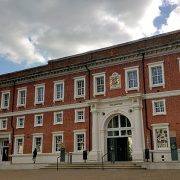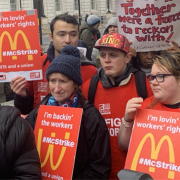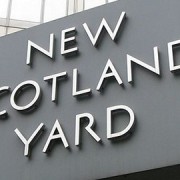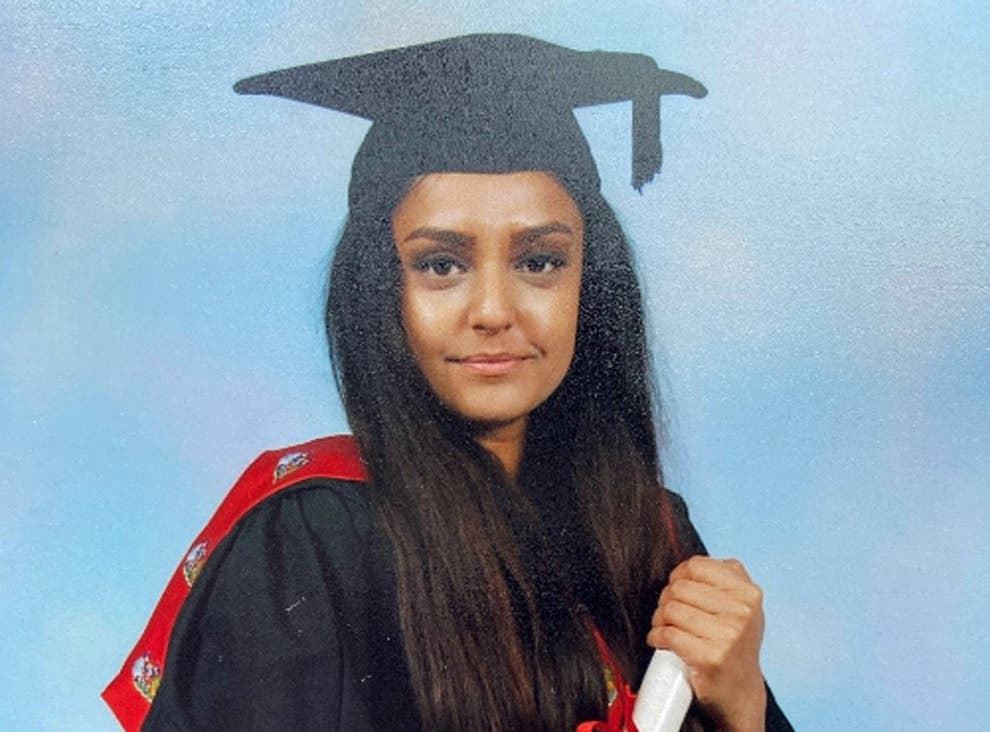
Sabrina Nessa, the primary school teacher murdered in a park in Kidbrooke earlier this year, was “an amazing sister, daughter, auntie, as well as a friend”, her sister said at the event held in her memory last week.
The event, held at the University of Greenwich, where Nessa had studied before becoming a teacher, was held to mark six months since her death and was organised by the Sabina Project – a society formed in her memory by female law students at the University that aims to “use the law to end male violence”.

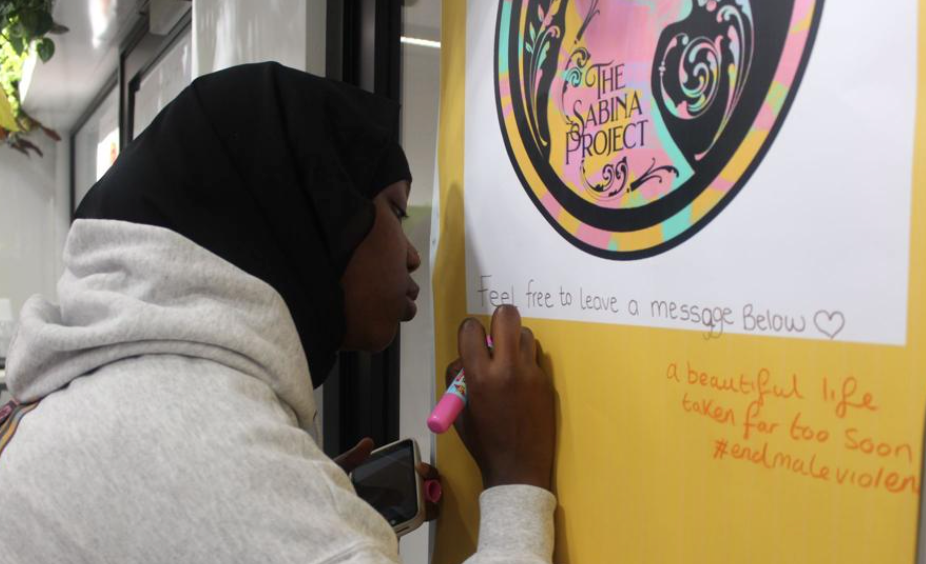
In one of a number of emotional tributes, Jebina Islam, spoke about her sister: “I do not know where the time has gone. As time is ticking by, the realisation that Sabina is not here anymore, the thought of it kills me inside.”
“It’s crazy knowing that she was just at the start of her teaching career. Sabina was an amazing sister and auntie. As a sister, we miss the laughter and the banter we had. We will always remain four sisters. My girls, especially my eldest, misses her auntie dearly.”
She recited a poem written by 13-year-old Nessa: “I have a dream to put things right, the things that are wrong, the whole of it’s a fight.”
She added: “We need the government to step up and take action now and put a stop to violence against women. We need to unite and say enough is enough because the government aren’t doing anything.”
Lisa Williams, headmistress at Rushney Green Primary School in Catford, where Nessa used to work, recalled her job interview with Nessa.
She remembered her saying: “I’m ready, I want to make a difference, that’s what I want to do”.
Williams added: “Sabina was happy, she cared, she was fun, she was a teacher to five and six-year-olds and it meant a lot to her – it’s who she was and it’s who she wanted to become. She gave everything to her classroom. She gave everything to our school, and we really miss her.”
Dr Louise Owusu-Kwarteng, Nessa’s former personal tutor at the University, where she studied sociology, described Nessa as “mischievous” and “low-key funny”.
“She was a guiding light, and my heart goes out to all of you guys – to her family, to all of her friends, to her sister, just anyone that kind of knew her.”
Dr Owusu-Kwarteng broke down while recalling her last meeting with Nessa over four years ago. She explained how the young girl had decided she wanted to teach and asked for her for a reference. “I thought, ‘She’s going to be such a good teacher’. Whatever she teaches, she’d be really amazing at it.”
She said that Nessa was “engaging” and “very good with people”- all traits a successful teacher would need.
Nessa was killed after being strangled and beaten by 36-year-old garage worker, Kico Selamaj, in September 2021. Selamaj, who has had no previous convictions, had admitted murder and is due to be sentenced next month.
Kareema Motala, President of the Sabina Project, told EastLondonLines that she started the project after hearing about her murder.
“It was the day after I heard about her murder. I went to uni saying that we should do something but it wasn’t very forward in helping us so we banded together with Ruth, who’s the law lecturer, and just started doing these events and realising how important it was because as a law student we study a lot of rape and murder, so it was really close to home. Delving into it, we realised how important it is, especially because she was a minority, as am I.”
Motala expressed her outrage over the lack of support and news coverage on Nessa’s murder compared to that of the late Sarah Everard. “[She] shouldn’t have been treated any differently”.
She told EastLondonLines that she sent an email to Liz Truss, Secretary of State for Foreign, Commonwealth and Development Affairs, pointing out Truss’ lack of support towards Nessa’s family compared to the support she showed for Everard’s family. She said Truss never responded to her email.
Motala believes that Everard’s murder received more attention because it involved “a police officer and a young white woman”.
According to the Femicide Census, of the women killed by men, 62% were by their ex-partners, 8% by their sons, and 8% by strangers. Although there has been an increase in reported domestic violence to the police, the number of deaths started to decline in the first two weeks of lockdown.
Karen Ingala Smith, co-founder of the Femicide Census, told the event how this may be a result of women staying with their violent partners for their own safety – research shows a third of women are killed in the first month of leaving their partner.
She said: “When people say, ‘Why doesn’t she just leave’, that’s often a survival strategy. Staying with a violent man is sometimes the best way to keeping safe.”
Clive Efford Labour MP for Eltham, told the meeting: “It’s not violence against women and girls, it’s male violence against women and girls, and that needs to be recognised.”
Efford added: “We’ve got to start challenging those attitudes and that behaviour at a much earlier stage, and we’ve got to get men involved in doing that. Unless we encourage men to step forward and challenge that sort of behaviour, sadly too many more women are going to die in extreme violent attacks. It’s that culture – that long ingrained attitude and prejudice – that men are taught at an early age that we need to start turning around. That’s a long-drawn-out process, but we need to understand that that’s where change is going to come about.”


